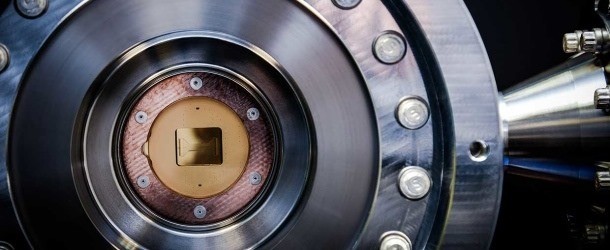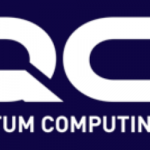New Gate Optimization Strategy Could Boost Efficiency in Trapped-Ion Quantum Computers

(SciTechDaily) Physicists at the University of Maryland, US and the quantum computing firm IonQ have found a new way to make a central operation in quantum computing more efficient. By slashing the laser power required to perform a so-called two-qubit gate, the collaborators showed that they could speed up the gate’s operation, thereby boosting the performance of their trapped-ion quantum computer.
The researchers used ions as their qubits. Rapidly oscillating electric fields trap the ions in a chain, making it possible to perform computational operations by shining laser light on one or more ions.
These computational operations generally divide into two types: single-qubit gates and two-qubit gates. While single-qubit gates are relatively simple to perform and pose no significant challenges, two-qubit gates cost significant time and power. That has consequences for the overall efficiency of the quantum computer, says Norbert Linke, a fellow of Maryland’s Joint Quantum Institute (JQI) and a co-author of the current study. “The performance of two-qubit entangling gates typically limits the overall system since they require the most calibration time and introduce the most error,” Linke explains. “Improving these gates is therefore crucial to boost the performance and eventually scale up these systems.”
The IonQ–JQI team’s idea was to sacrifice a small amount of fidelity to save a significant amount of laser power – in some cases an order of magnitude. “We consider the constraints that don’t contribute significantly to the error processes when removed,” explains fellow co-author Yunseong Nam, quantum theory lead at IonQ and adjunct assistant professor at the University of Maryland.
Now that the team has carried out a successful proof-of-concept demonstration, its members plan to implement their two-qubit entangling gate in various quantum algorithms. This should allow them to verify whether the newly developed protocol leads to an increase in overall efficiency.



















